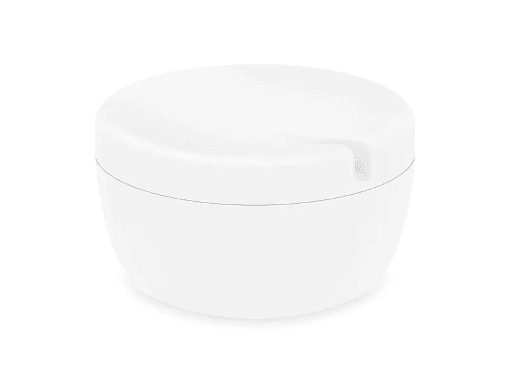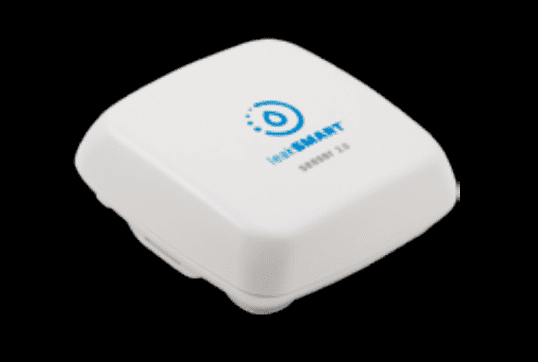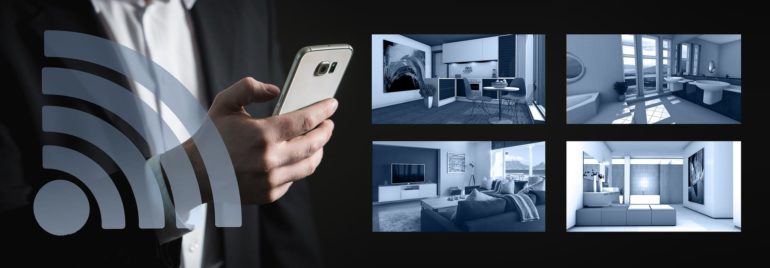Water damage is one of the leading causes of financial losses in households. Not only that, it can lead to structural instability, home safety issues, and the depreciation of a property’s value. On the bright side, consumers can manage these risks through smart technology. How? By installing smart water sensors that detect leaks and alert you in time to prevent damages.
Common causes of water damage
Before digging into the details of water sensors, it is best to learn about water damage and its common causes first. Doing so will help you implement the right corrective or preventive measures.
Water damage is a result of water accumulating in an area where it should not. It can ruin your property in the form of damaged wallpaper, chipped paint, and rotted wood floors. Worse, it can cause the growth of mold in the crevices and dark spaces of your home, which can be hazardous to you and your family’s health.
Some of the usual culprits of water damage include faulty household appliances, problems with HVAC (heating, ventilating, and air condition units), and pipes that burst or leak. Natural disasters and weather-related issues can also cause water damage, as well as plumbing concerns.
How do water sensors function?
Water sensor systems come with smart technology that can quickly alert homeowners of possible water leaks. They usually do this by measuring the electrical conductivity of the water present in the area and then completing a circuit to send a signal.
For some installations, a professional alarm monitoring company tracks and receives the notifications about leaks. But in some cases, the sensor and its control module can notify the homeowners through an app on their smartphones. If this is the system that you have and when you go out of town, it is best to add nearby relatives or caretakers to the list of people who receive the notification.
There are also water sensor systems that can be programmed to automatically shut down your water source if a leak is detected. However, you should consider a few things before you opt for this kind. The auto-off function is not advisable if your heating system is the older steam type. Also, for your safety, ensure that such a system will not cut the water supply to your fire sprinklers.
Where to place water sensors
You probably already have an idea of where to put the sensors — near any appliance or hoses that use water. You may want to place some near dishwashers, washing machines, refrigerators with water dispensers, water heaters, sinks, and toilets. It is also advisable to install sensors near furnaces which connect to hot water systems and humidifiers.
Best water sensors in the market
Several smart water sensors in the market can cater to your needs. Listed below are some of the best options.
Samsung SmartThings ADT Water Leak Detector
This water leak detector is budget-friendly as it costs around $22. It is Wi-Fi connected and, aside from raising alarms for a water leak, it can also detect changes in humidity and temperature. You can set your desired parameters with this device, and it also comes with an easy-to-use app.

D-Link DCH-S16 Water Sensor
This water sensor has long cables, making it capable of monitoring larger areas. It is also equipped with an alarm of 70 decibels and LED lights that will surely catch your attention during leaks. It can also connect to your Wi-Fi and notify you through an app in your smartphone.
LeakSmart Sensor
This sensor can detect leaks and, at the same time, shut down your water supply automatically. The extra feature makes it pricier compared to the rest, but it is worth it, especially considering the amount of damage it can help prevent.

Wally Starter Kit for Smart Detection of Water Leaks
If you travel frequently, then this water leak detector is suitable for you. It gives you the option to add your relatives, friends, or caretaker to the notification so they can respond to the alarm while you are away. What’s even better is Wally has its own Wally Rapid Response Associate who will immediately call you and discuss the problem along with possible solutions.
When choosing a water sensor for your home, make sure you research your options. Note that some water sensors only function once and need to be reinstalled afterward while others will last longer and for multiple uses. Also, if you are not comfortable installing them on your own, seek the help of professional installers.
Lastly, keep in mind that the sensors will only detect the leaking, and it is imperative that you prevent the leaking from occurring in the first place. You should still do the maintenance and checks of appliances and water supply lines regularly.


